For this last survey, before the summer break, I chose to deal with Padel at the Olympic Games (JO).
For some time we read, we hear, we see the padel, cited to be part of the sports present at the Paris Olympics in 2024. But how to enter the big family of official sports or demonstrations, during the Olympics? Is the Padel has a chance to be on this list? What are the procedures? The specifications to be respected? The schedule to put in place? etc.
The Swiss army knife investigated for you ...
How does one become Olympic Sport?
It is the IOC (International Olympic Committee) which votes and decides whether or not to include a sport in the Olympic Games. This committee is made up of 115 members - athletes, Presidents, Directors of International Federations, etc. which meet at least once a year. The Chairman of the Committee is elected by the members for 8 years.
In 2020 in Tokyo and in 2024 in Paris, there will be 28 official sports present, plus demonstration sports. For Tokyo it will be karate, surfing, skateboarding, sport climbing and baseball / softball. For Paris, surfing, skateboarding, rock climbing and breakdancing hold the line. This will be ratified at the end of 2020, by the IOC. No squash, nor pétanque, nor padel in the program…
Not to be missed
There are 33 selection criteria divided into 6 areas: history; universality; popularity ; the costs ; the image of sport, its impact on the environment and its link with doping; and finally, its development potential within an International Federation.
Initially, the sport which wants to make its entry into the great family of the Olympics, must be recognized on a world scale. It must depend on an international federation (the FIP for the Padel), which respects the Olympic Charter (defined by Pierre de Coubertin). The latter establishes the fundamental principles and essential values of Olympism: non-discrimination; equality between men and women; sustainable development, etc.
In a second step, the sport candidate must be practiced in at least 50 countries for men (35 for women) and 3 continents.
Then comes media coverage, the recognition of sport by sponsors and influential brands with the general public: the importance of market shares! In 2016, rugby (7-a-side) returns to satisfy the southern hemisphere. Golf, meanwhile, owes its presence to the Olympics (after 110 years of absence), to its practitioners, often consumers of luxury products. The latter is one of the sports (if not THE sport) which brings in the most advertisers and champions who practice it.
In short, the more the sport is tracked globally, the more the IOC sells for its TV broadcasts and advertising time for promoting a brand ... the more likely the sports candidate will be to join the Olympics ... money , money.
Finally, the cost of infrastructures must be considered in order to integrate or not a sport at the Games. The more the sport in question requires large constructions, special equipment to put in place, the greater its impact on the environment, the less it has to chances to be present at the Olympics
The negotiable
At one time, tug of war, jump without momentum, pigeon shooting, sculpture, painting or even literature were part of the events organized at the Olympic Games!
Since 2014, the IOC has granted the organizing country the right to integrate new sports. Tokyo 2020 proposed 5, all validated by the IOC: baseball-softball; surfing; climbing ; karate and skateboarding will therefore be present in 2020.
Paris 2024 offered rock climbing, breakdancing (which made its appearance at the Youth Games in Buenos Aires, in 2018), surfing and skateboarding. A final decision will be taken at the end of 2020. Once again, squash and pétanque will surely not be part of the party… nor the padel a priori, even if they seem to deserve their place as much as others.
The organizing countries offer sports that are popular at home, and where the chance to win medals is great.
But you should also know that the IOC is blocking the number of participants around 10500, and calls for a parity between men and women.
Behind every Olympic sport lies a media, political (and diplomatic) as well as financial stakes far more important than the sport itself. The return of Biathlon during the Cold War is a concession made to the communist states, for example (Patrick Clastres, Journal Le Monde in 2013).
The Greco-Roman wrestling, historical sport of the Olympics, present since the first edition, is today in danger.
The current stage is to conquer the Asian market: in 1964, judo joined the Olympic Games In 2000, it was Taekwondo… and in 2022 eSport (video game players) will appear at the Asian Games in China.
As you can see, the influence struggles, the lobbying, the geopolitical and economic stakes are today essential in the attribution of the precious sesame to the sports candidates. Maintaining good relations between the leaders of the various federations and the leaders of the IOC is the heart of the matter.
On this subject, we are looking for people with great contacts within the IOC ... Good luck to the FFT!
Line Meites is one of the best French players in padel. It's the voice of your live on Padel Magazine. But not only, she also hosts the column “Investigations of the Swiss Army Knife”. Every month, she will come back to a controversy or a theme that is close to her heart.































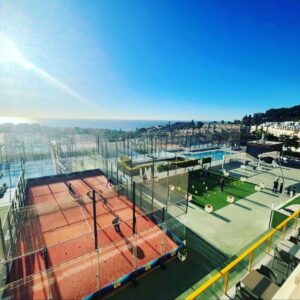




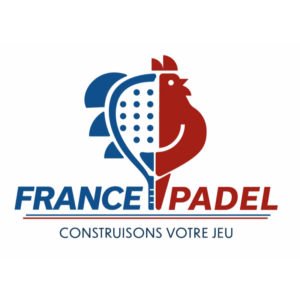





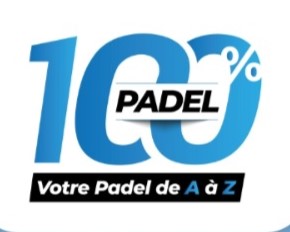




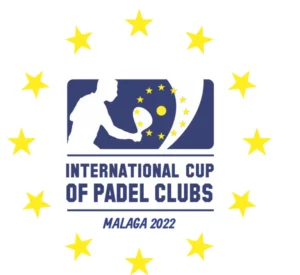




















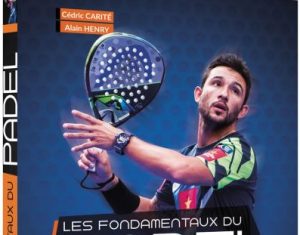


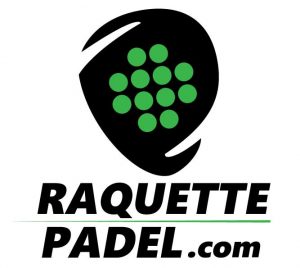



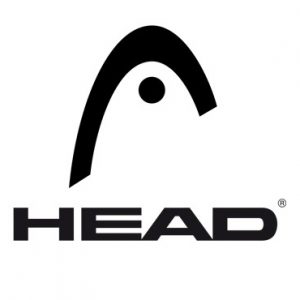



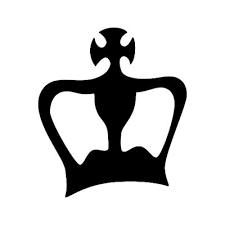




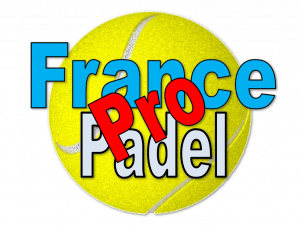




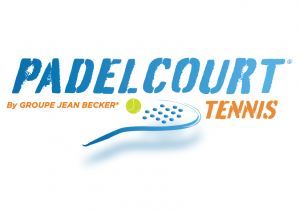


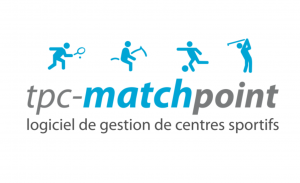






 Padel Score comes to Tahiti for American Express Padel Cup!
Padel Score comes to Tahiti for American Express Padel Cup!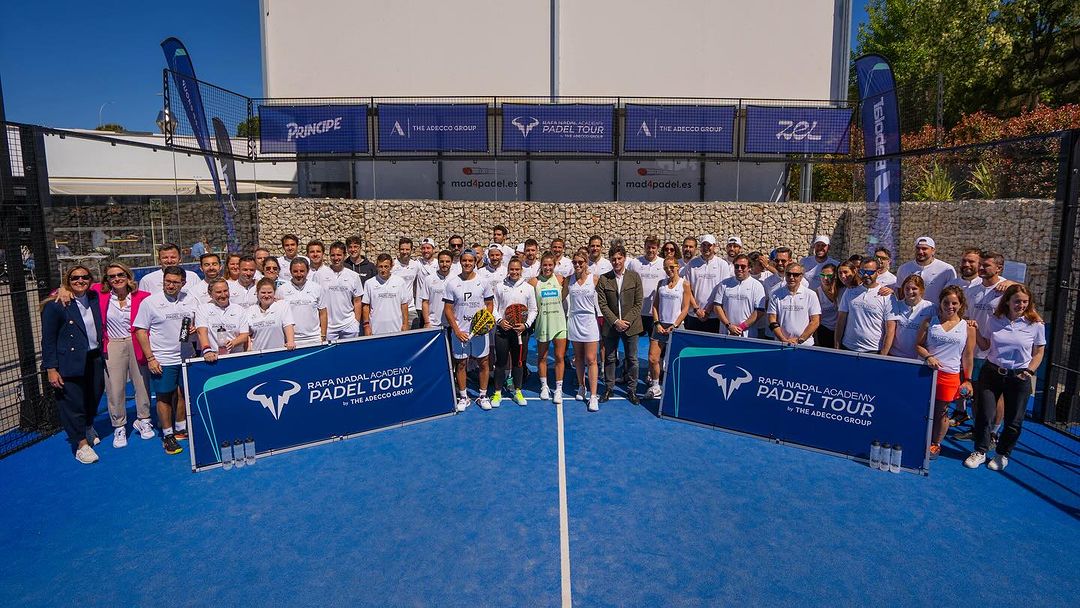 Do you know the Rafa Nadal Academy Tour?
Do you know the Rafa Nadal Academy Tour?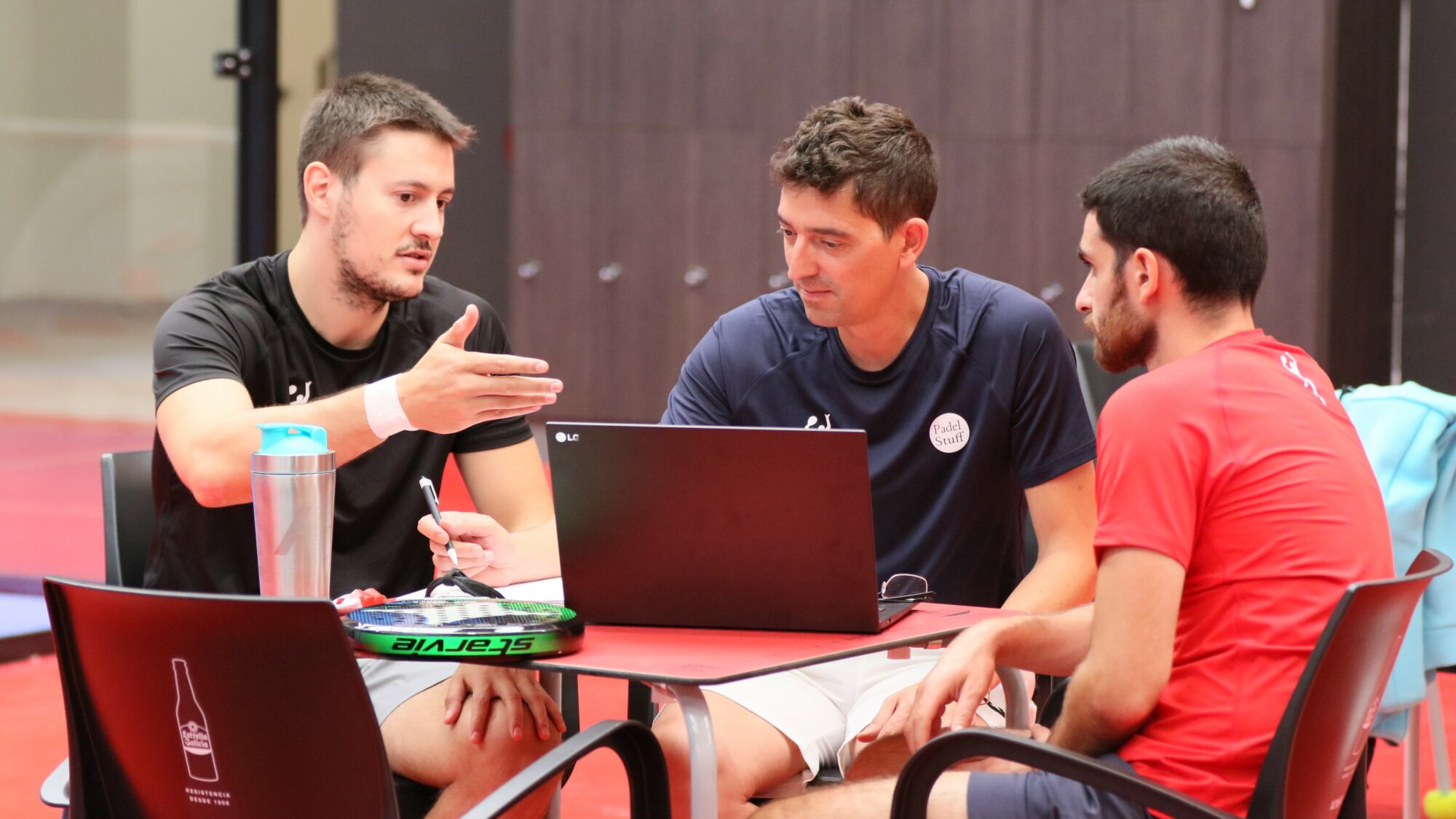 At the heart of padel – Episode 25: Paul and Andoni answer your questions
At the heart of padel – Episode 25: Paul and Andoni answer your questions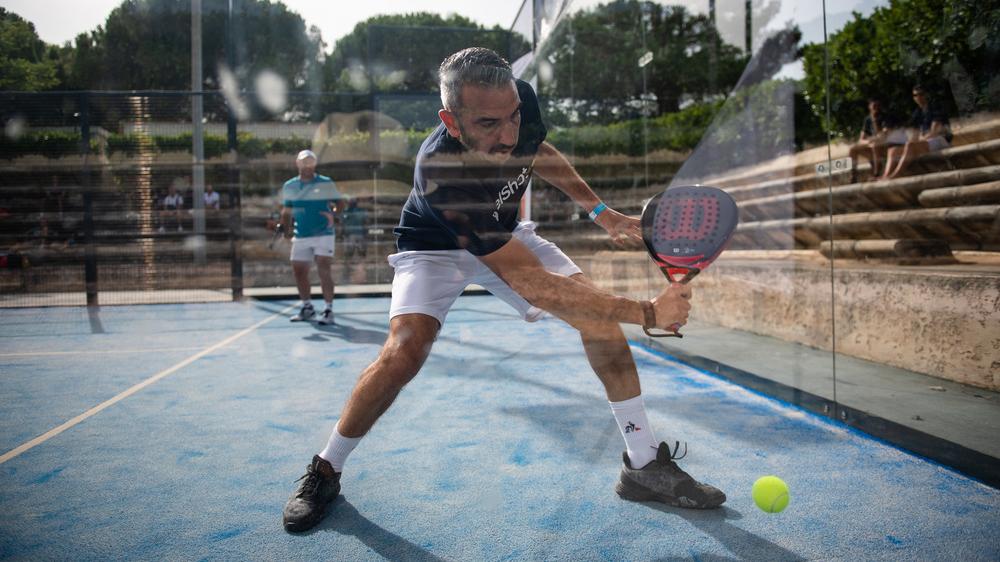 Simon Boissé: “We know that there are two nations in front of us”
Simon Boissé: “We know that there are two nations in front of us”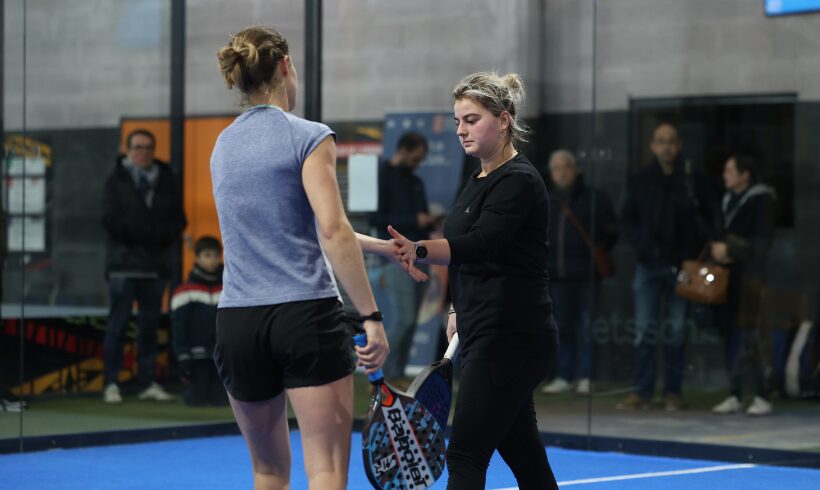 Marie Maligo: “This period of frequent changes of partners was beneficial for me”
Marie Maligo: “This period of frequent changes of partners was beneficial for me”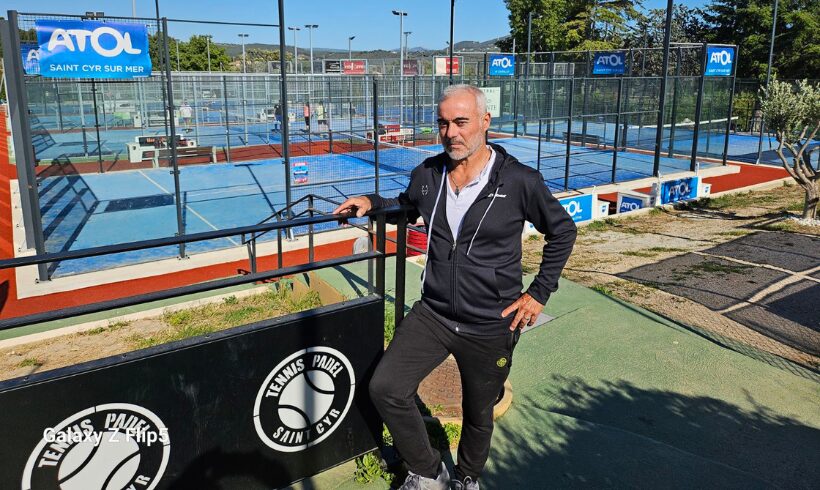 Alain Idier: “Adding tracks of padel, without sacrificing tennis”
Alain Idier: “Adding tracks of padel, without sacrificing tennis”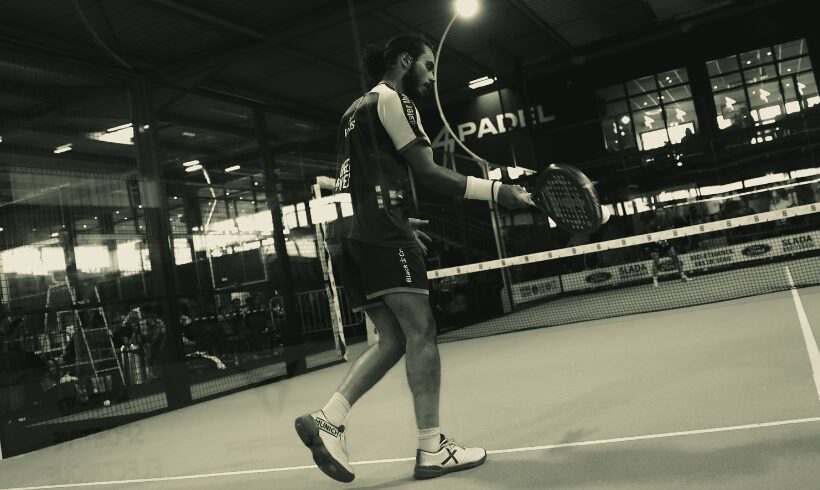 Manuel Vives: “It’s extremely difficult to get by financially”
Manuel Vives: “It’s extremely difficult to get by financially”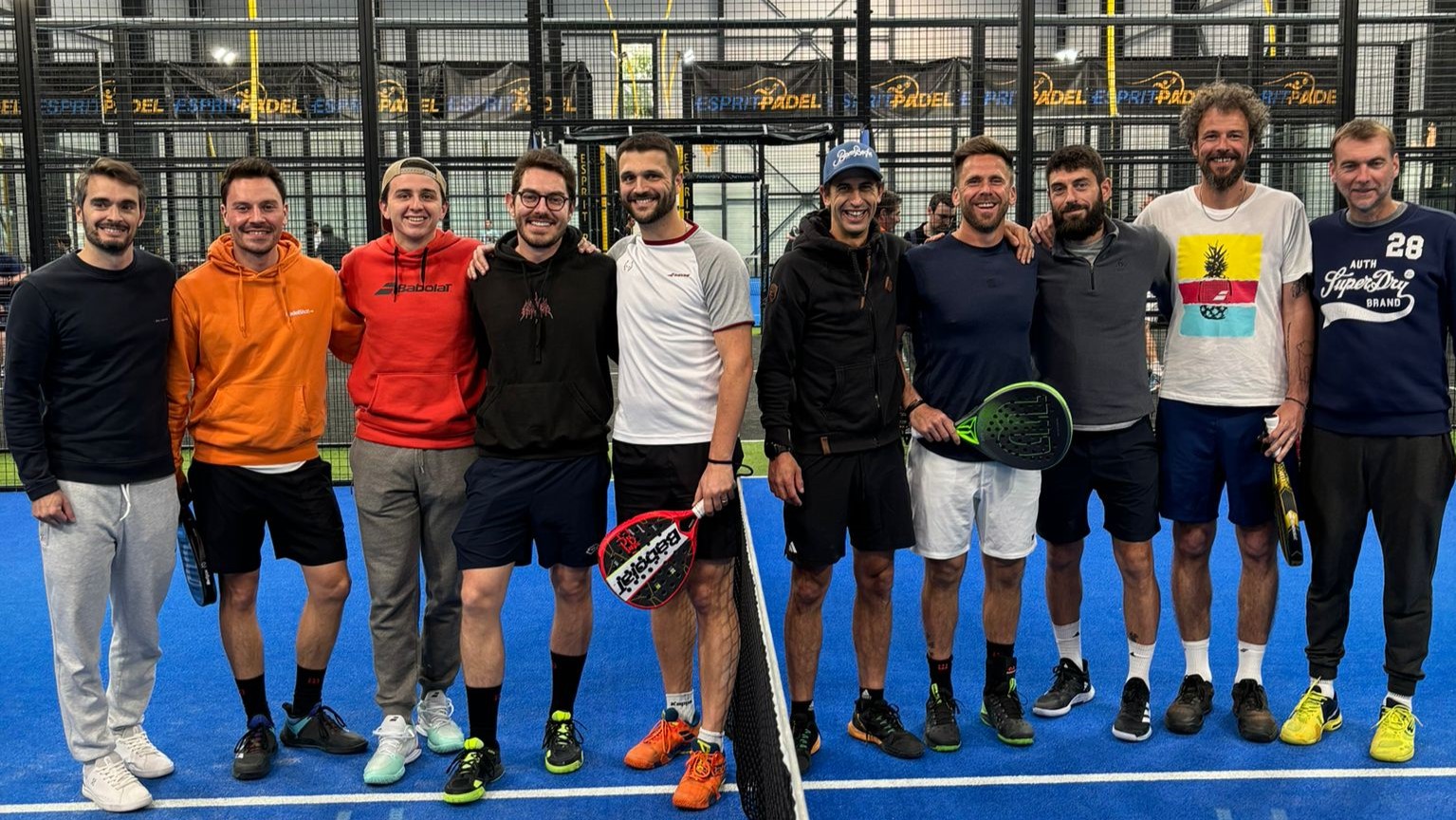 Mind Padel Lyon and the Auvergne Rhône-Alpes League innovate with team tournaments
Mind Padel Lyon and the Auvergne Rhône-Alpes League innovate with team tournaments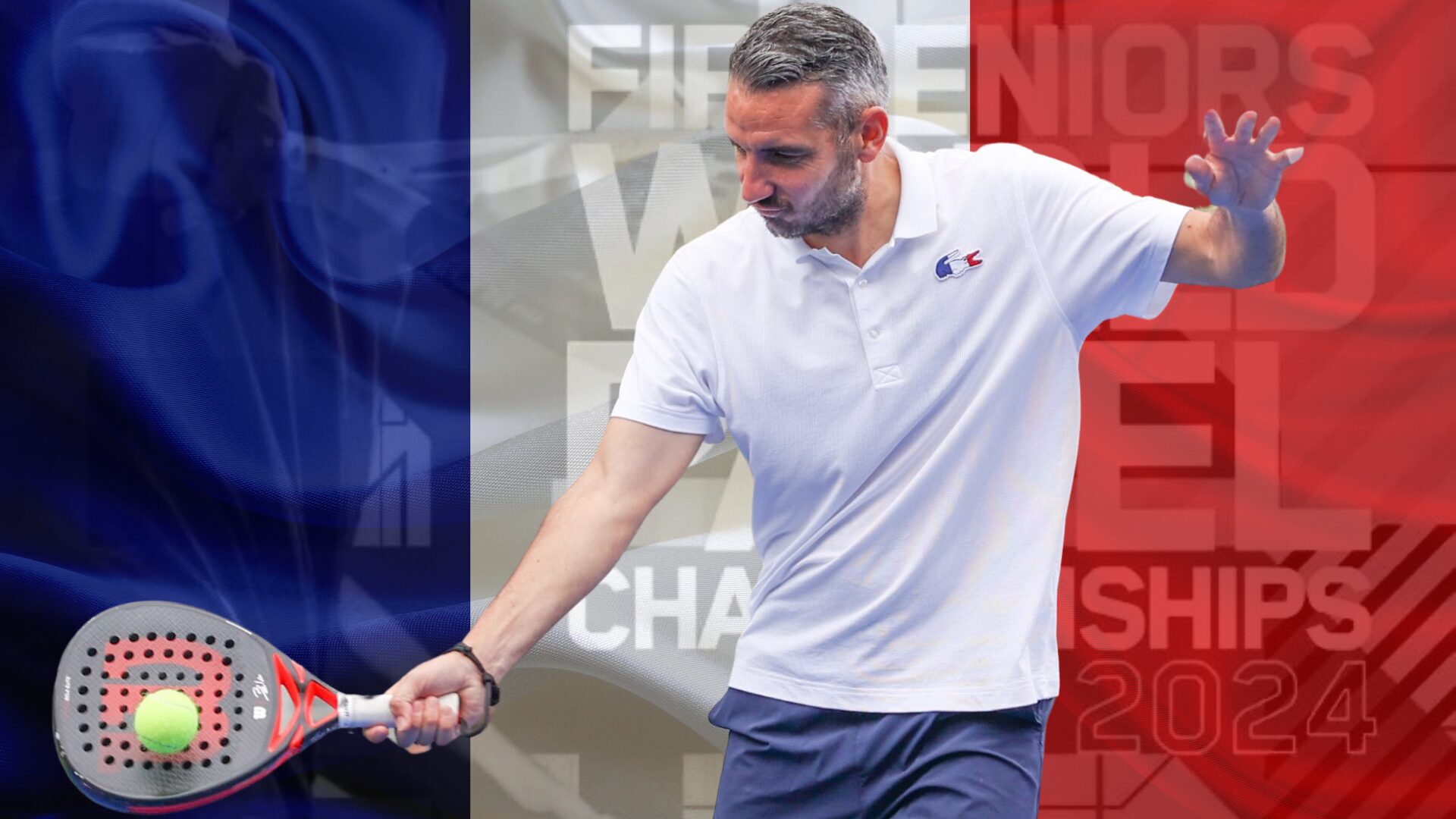 Simon Boissé: “We know that there are two nations in front of us”
Simon Boissé: “We know that there are two nations in front of us”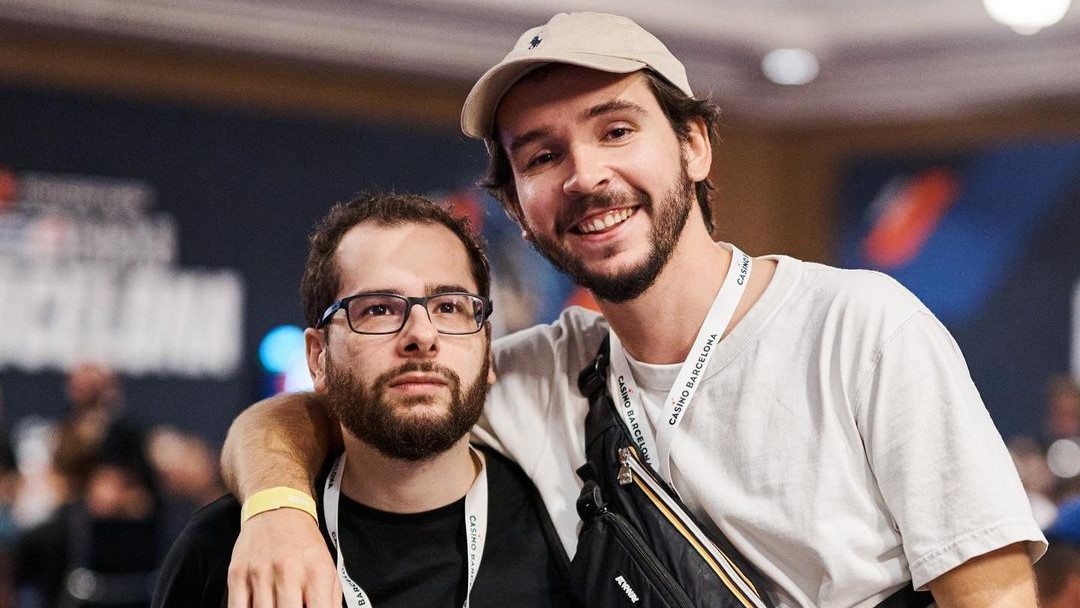 Team PAX (Domingo / Xari) returns to victory
Team PAX (Domingo / Xari) returns to victory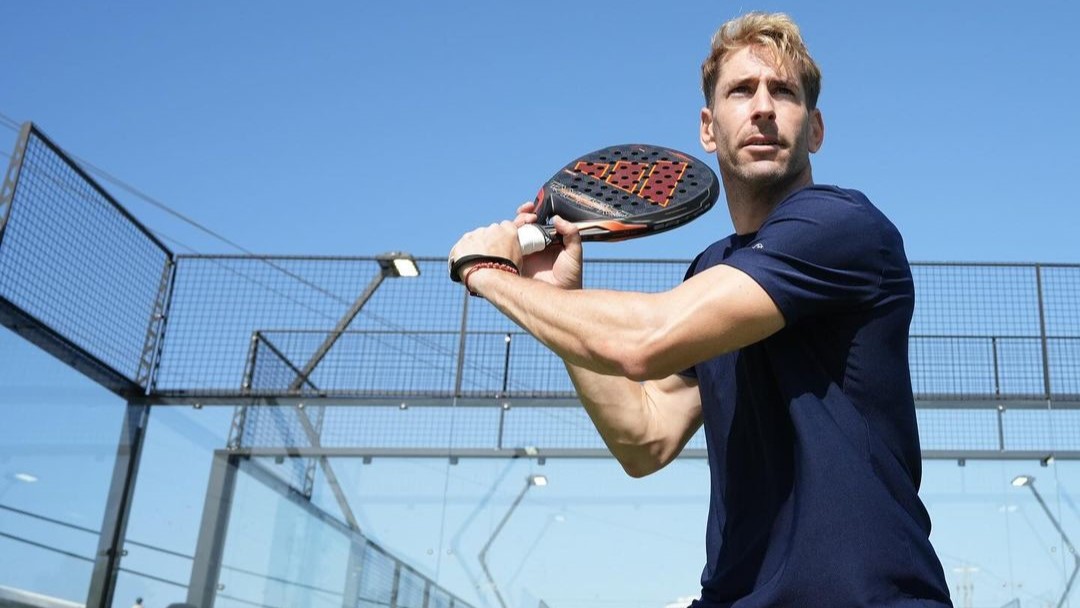 Alex Ruiz: “Finding joy again with Momo”
Alex Ruiz: “Finding joy again with Momo”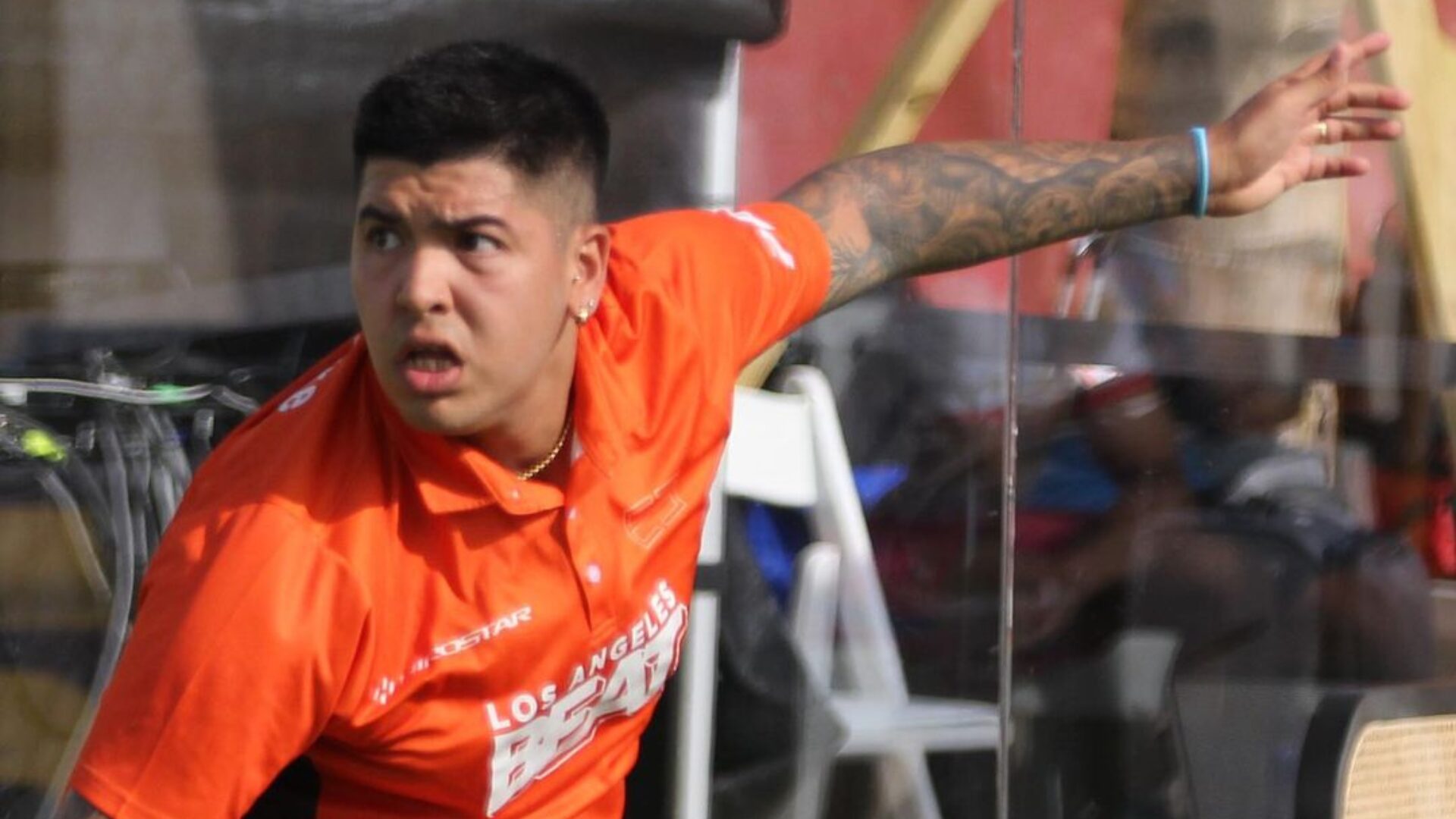 Nerone: “Tolito is not a normal player”
Nerone: “Tolito is not a normal player” P2 Brussels – Like a new school year!
P2 Brussels – Like a new school year!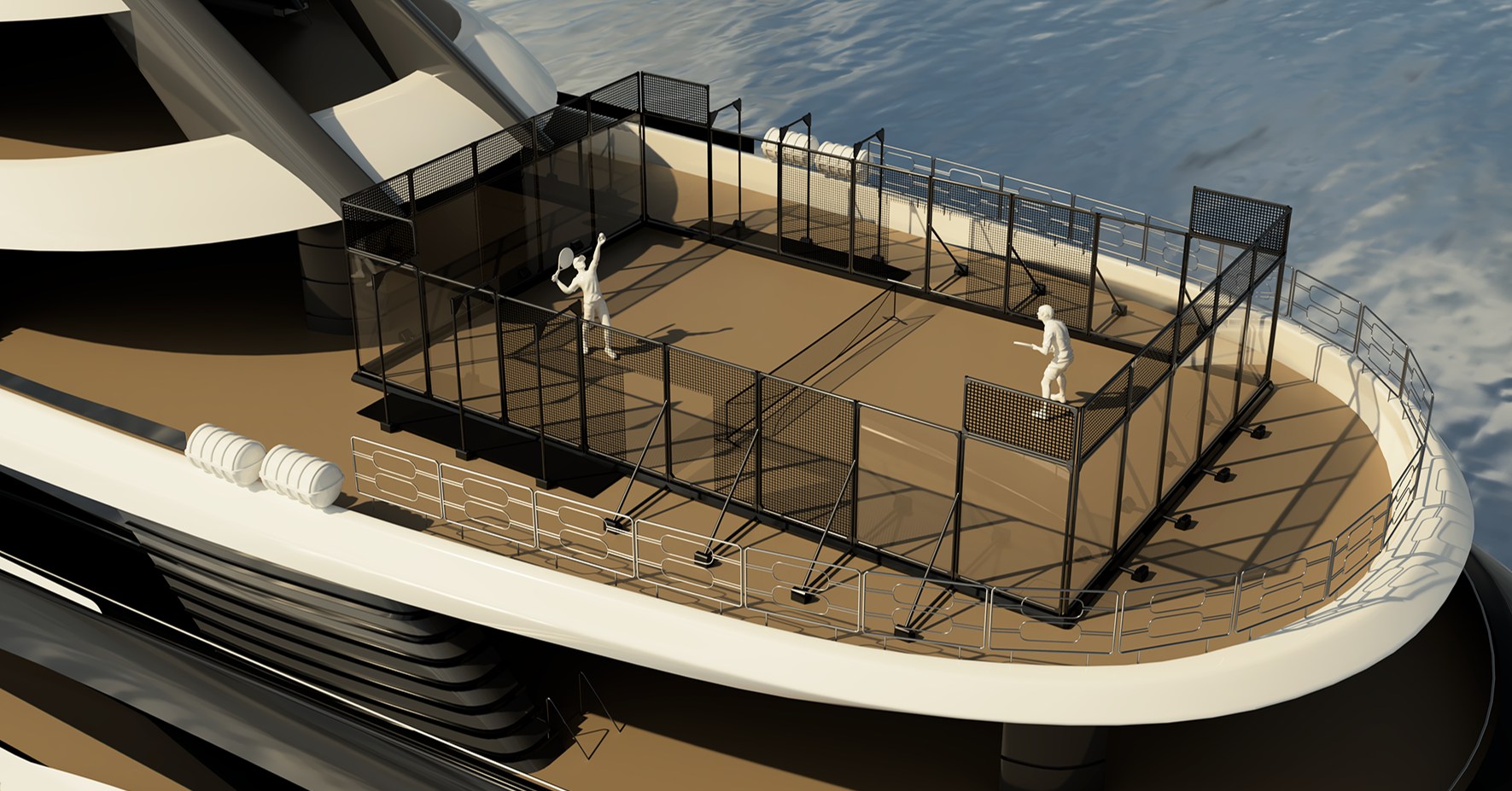 Play at padel on his yacht? Possible for €233.000!
Play at padel on his yacht? Possible for €233.000!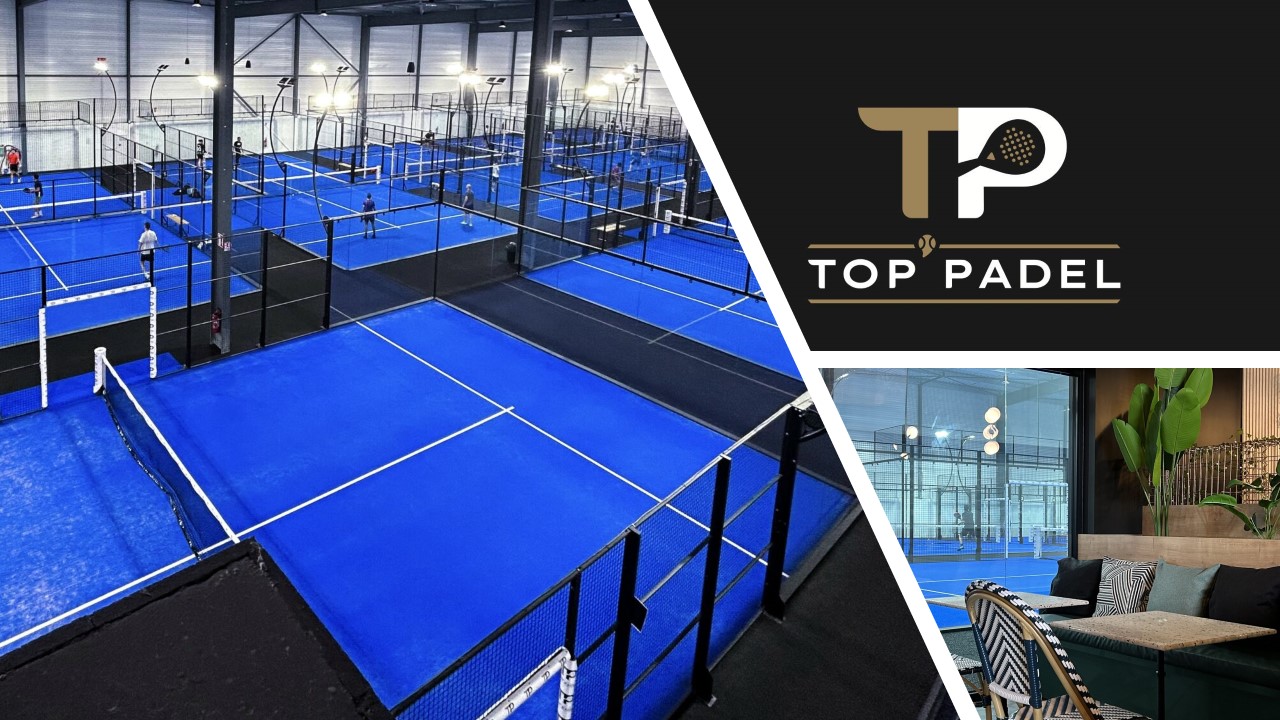 TOP Padel : “A premium club with 10 slopes in Toulouse”
TOP Padel : “A premium club with 10 slopes in Toulouse”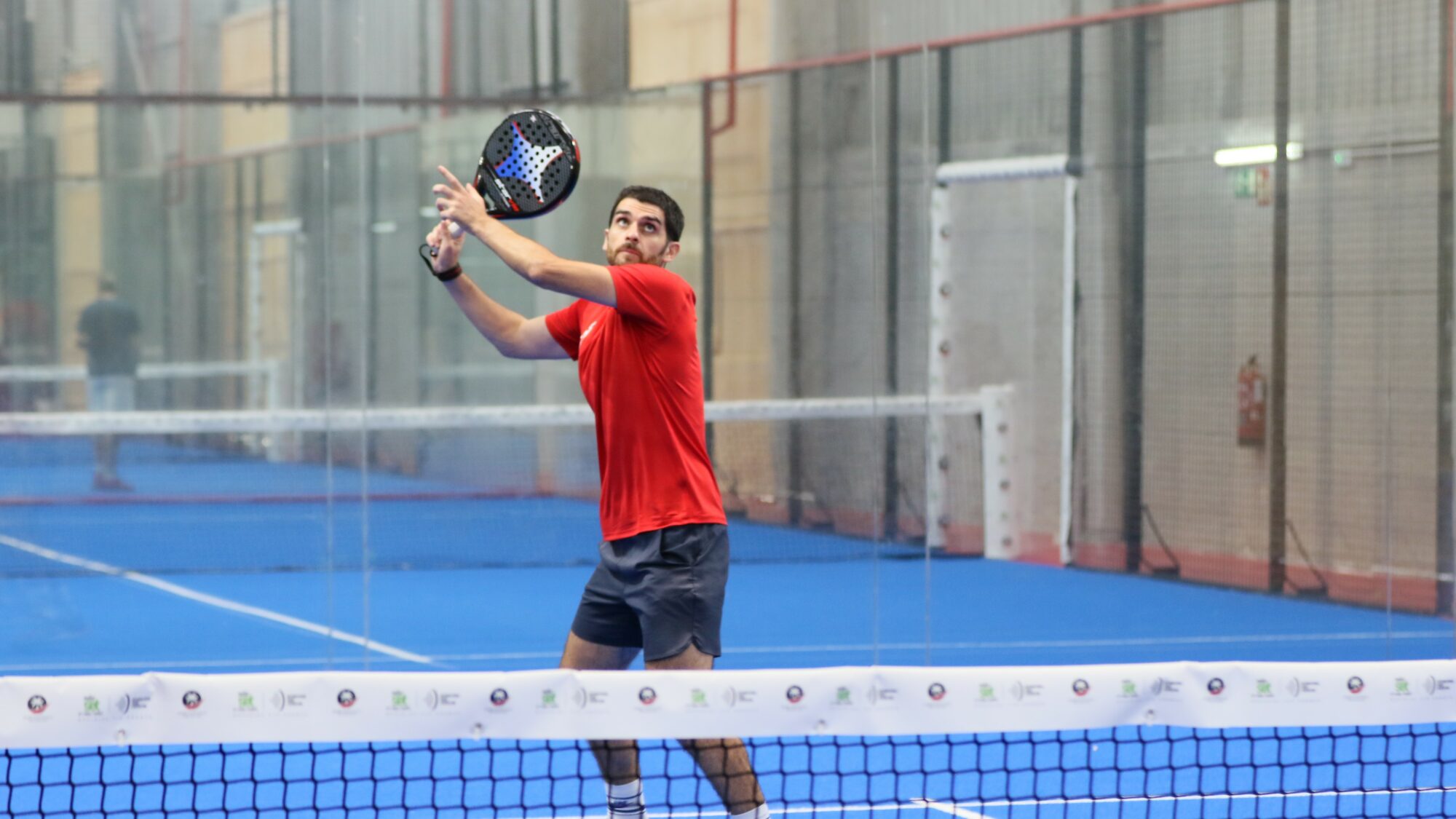 At the heart of padel – Episode 25: Paul and Andoni answer your questions
At the heart of padel – Episode 25: Paul and Andoni answer your questions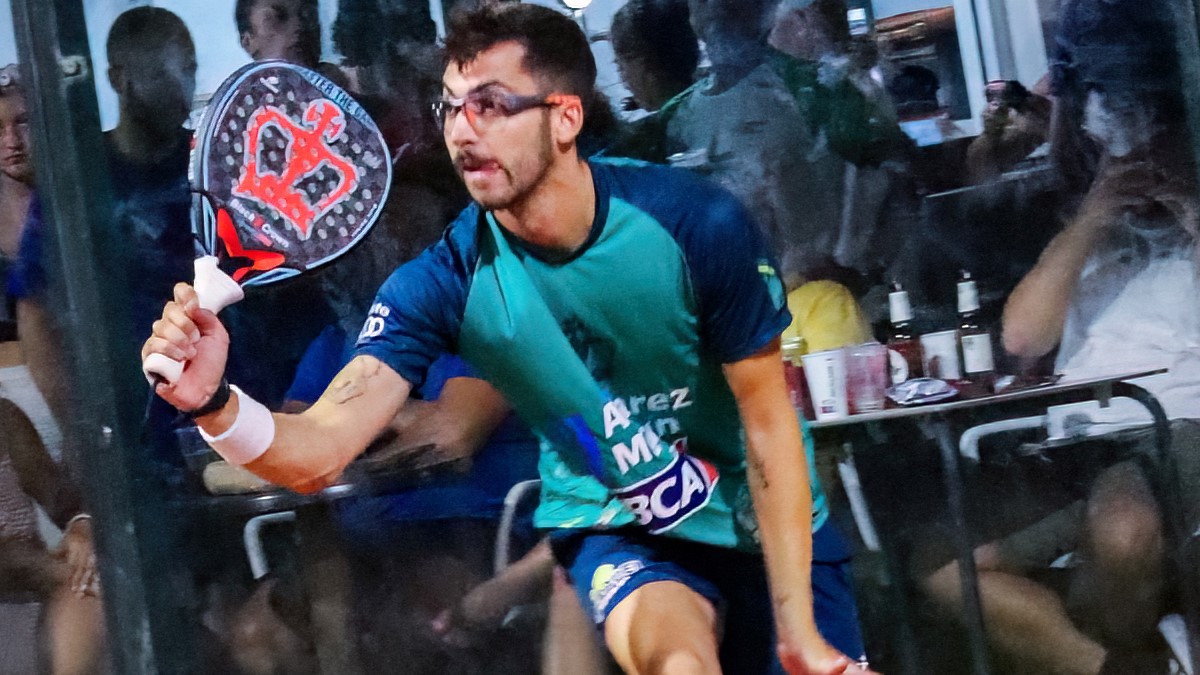 Tactical padel – What to do when faced with players who systematically stay at the bottom?
Tactical padel – What to do when faced with players who systematically stay at the bottom?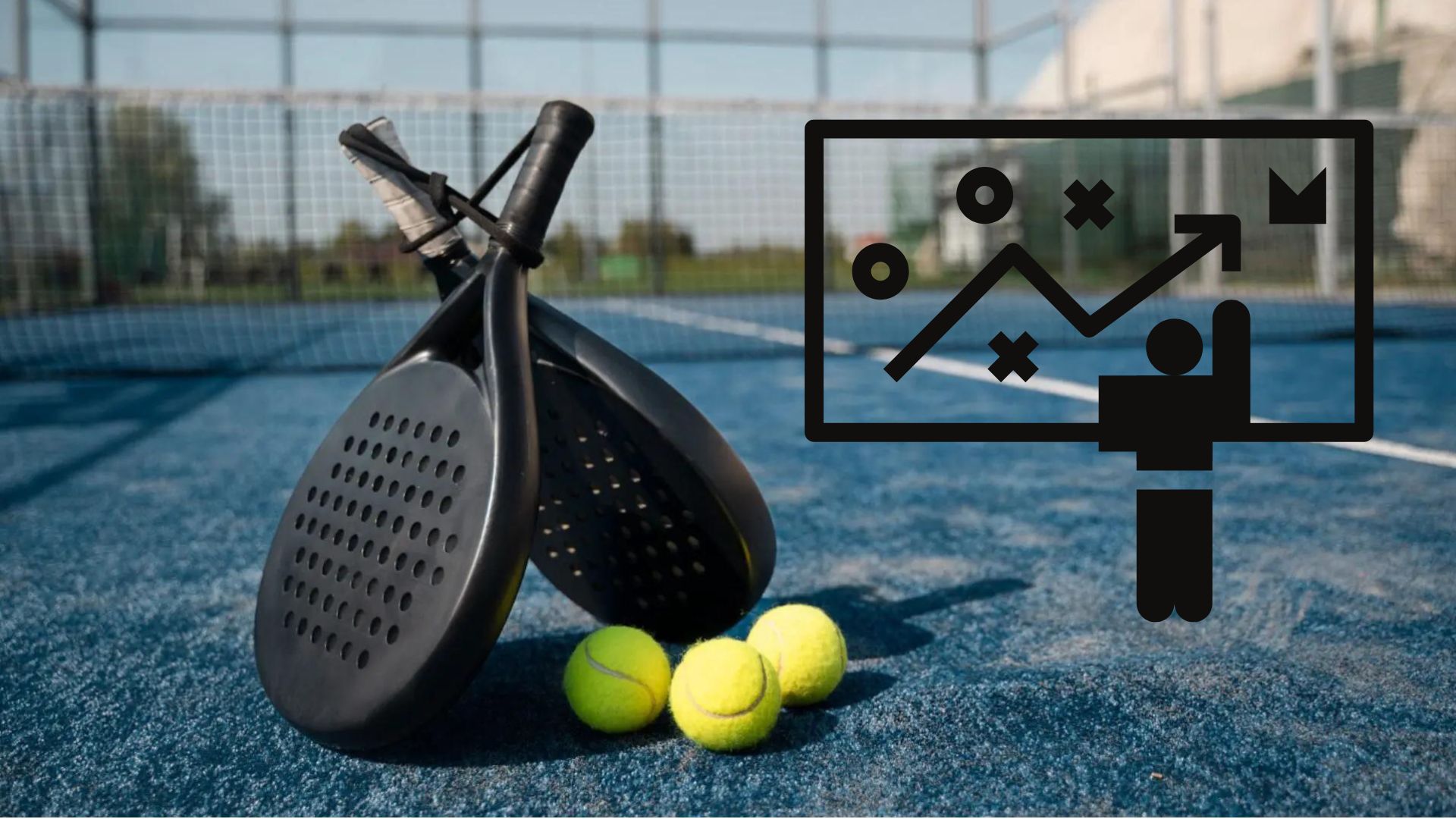 The basic tactics of padel
The basic tactics of padel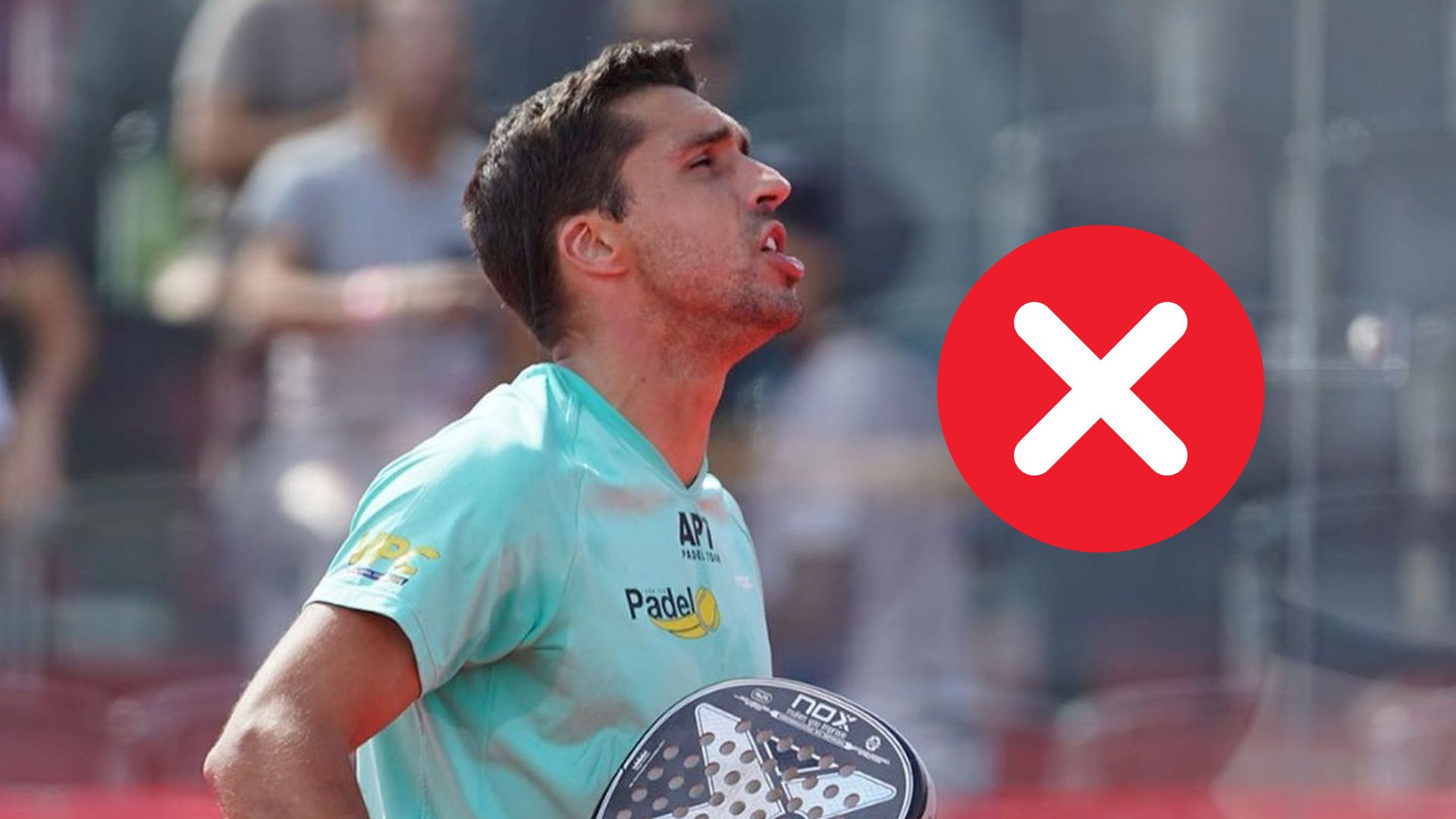 A par 4 is always a winner...even if you manage to defend it!
A par 4 is always a winner...even if you manage to defend it!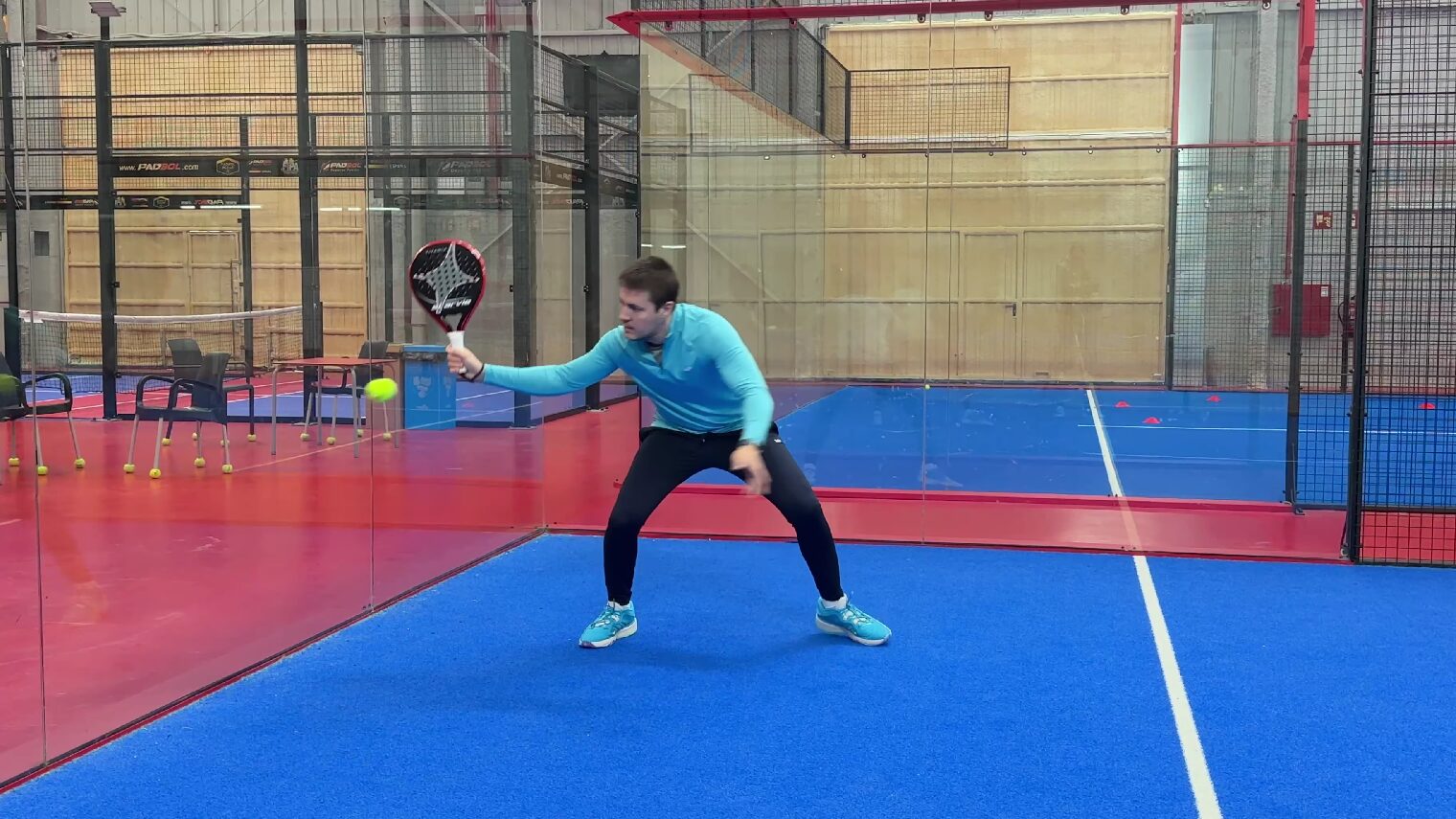 At the heart of padel – Episode 23: defend the window well
At the heart of padel – Episode 23: defend the window well Prohibition on playing topless Padel : the reasons
Prohibition on playing topless Padel : the reasons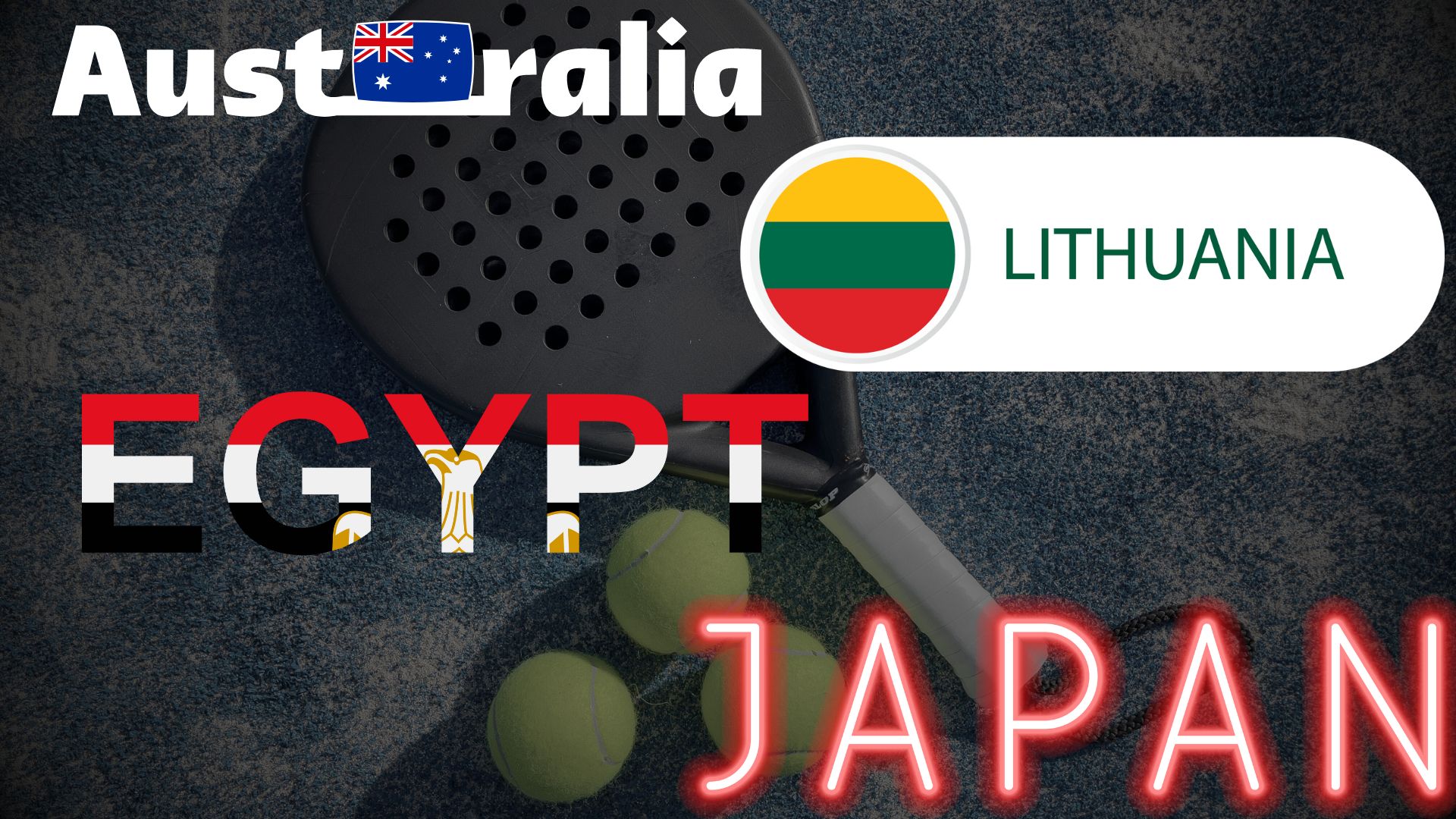 FIP Tour – Going far from Europe, THE strategy to earn points!
FIP Tour – Going far from Europe, THE strategy to earn points!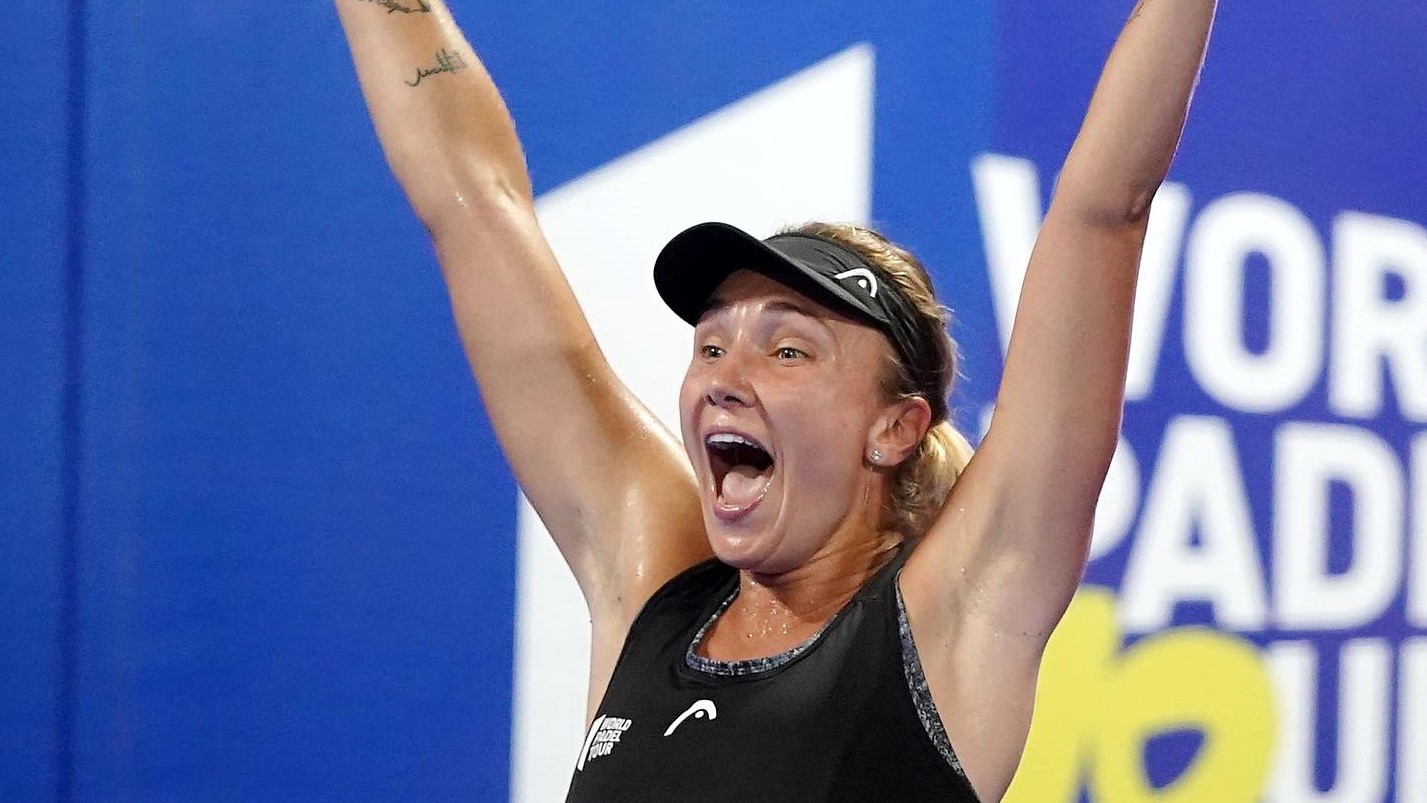 What is a good football player? padel ?
What is a good football player? padel ?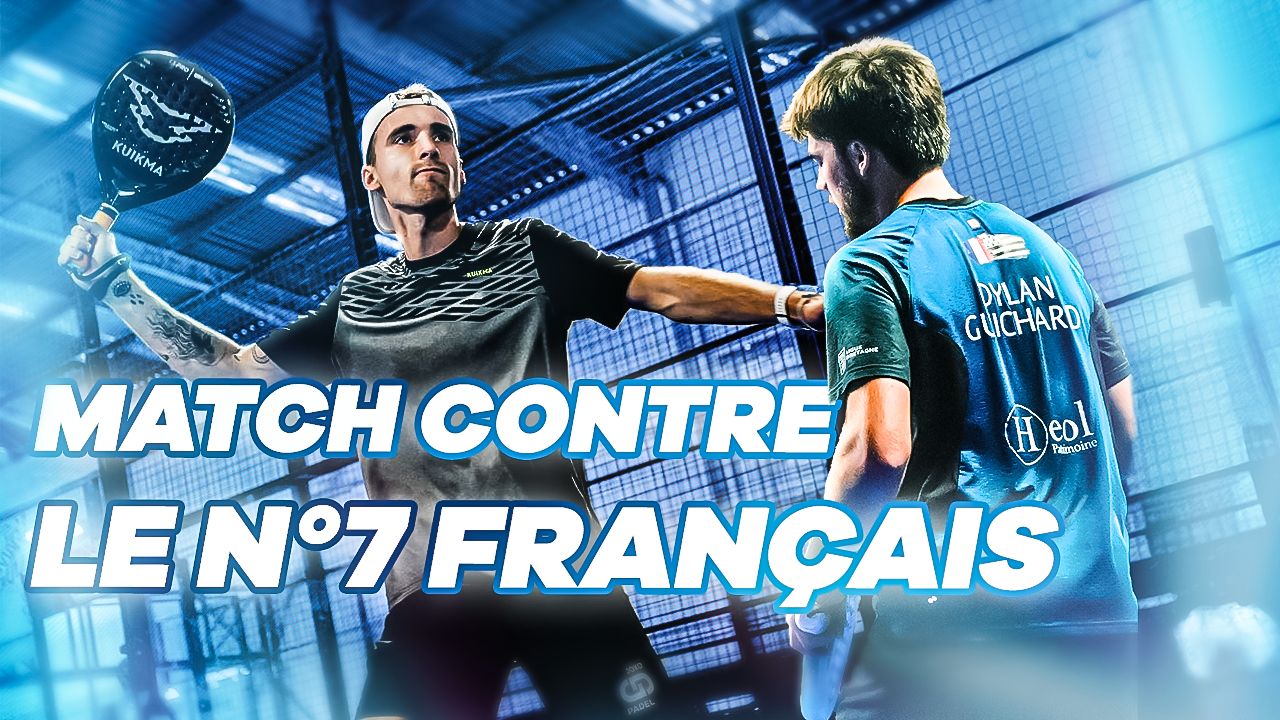 “Lefties give me headaches when I play against them!”
“Lefties give me headaches when I play against them!”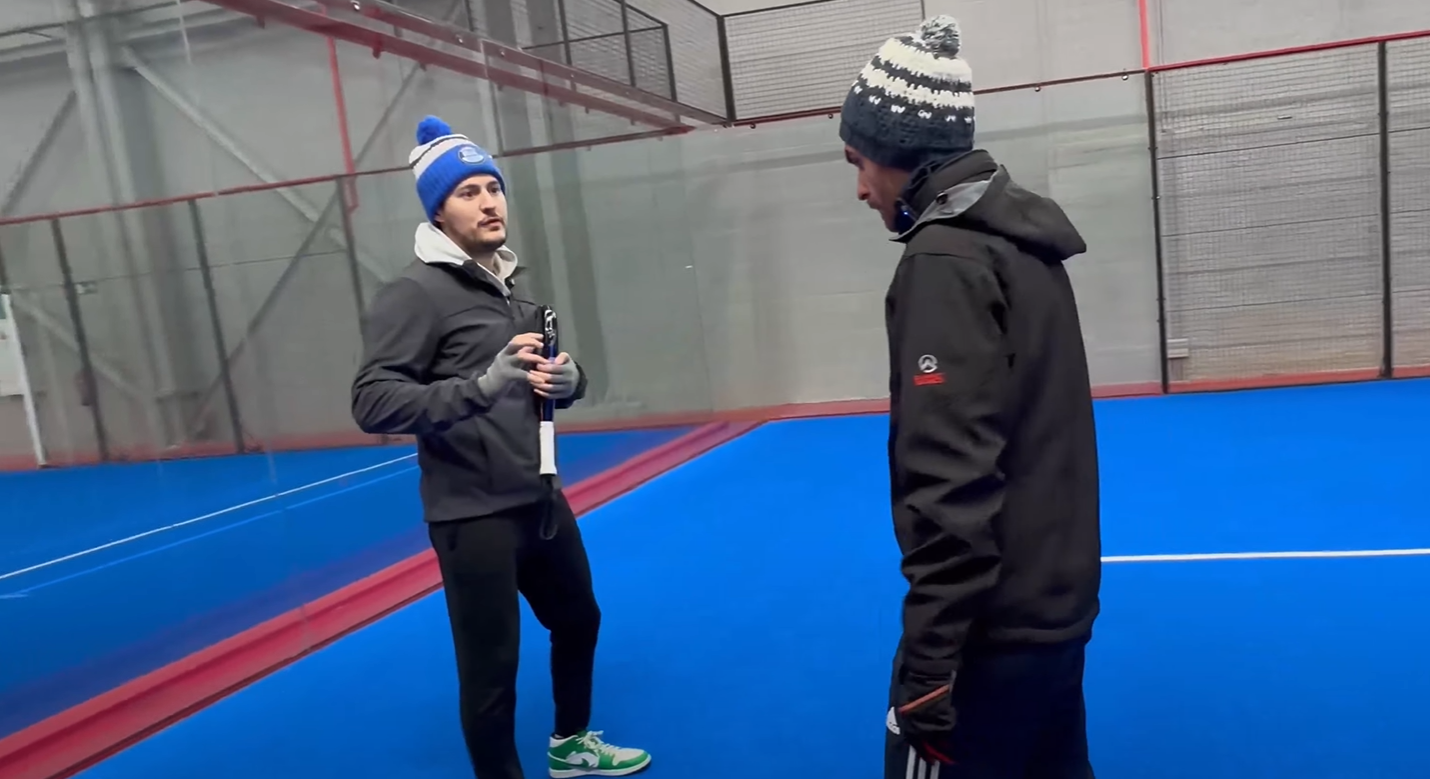 At the heart of padel – Episode 14: how to earn points in winter?
At the heart of padel – Episode 14: how to earn points in winter?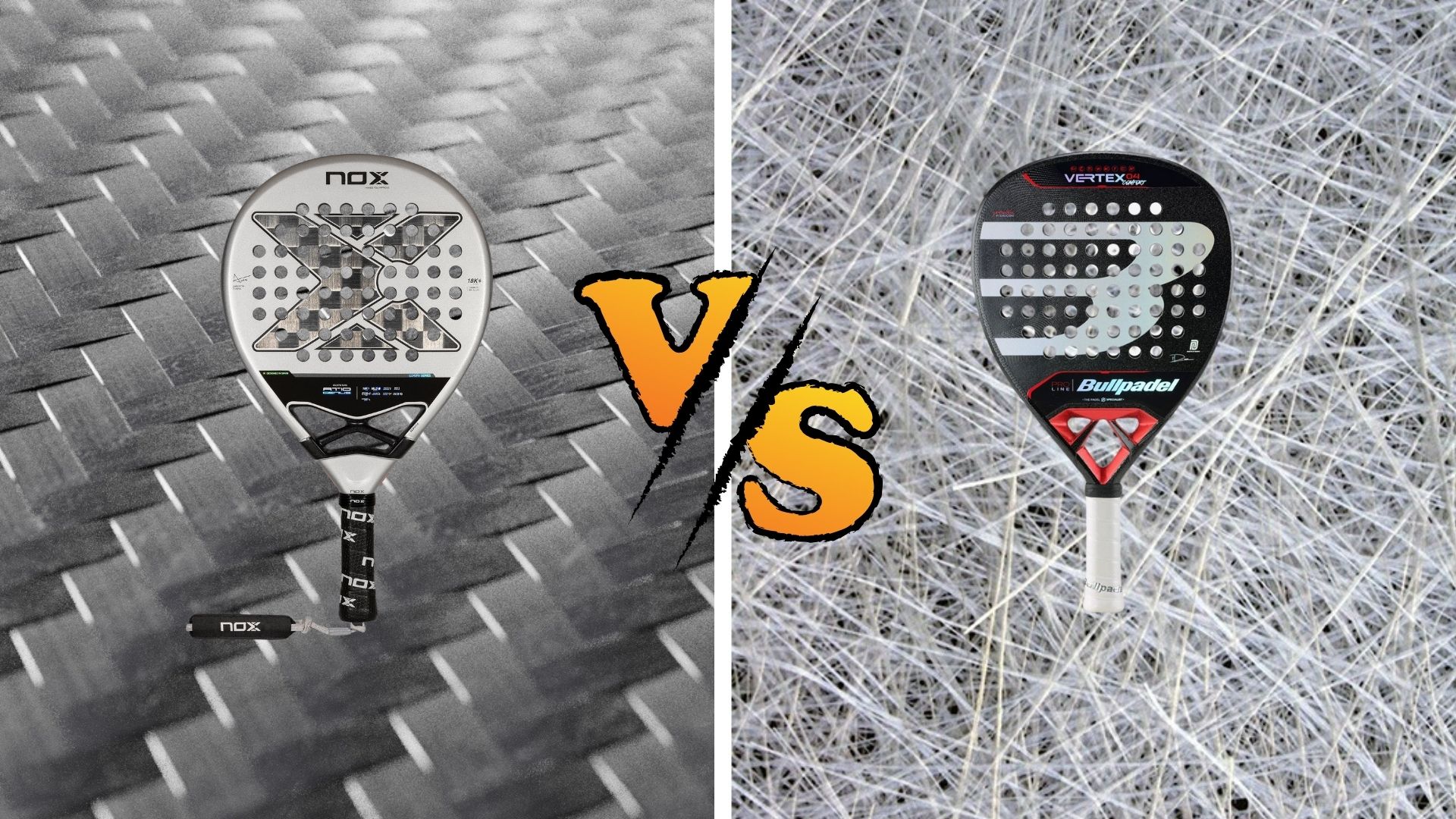 Carbon fiber VS fiberglass: what to choose?
Carbon fiber VS fiberglass: what to choose?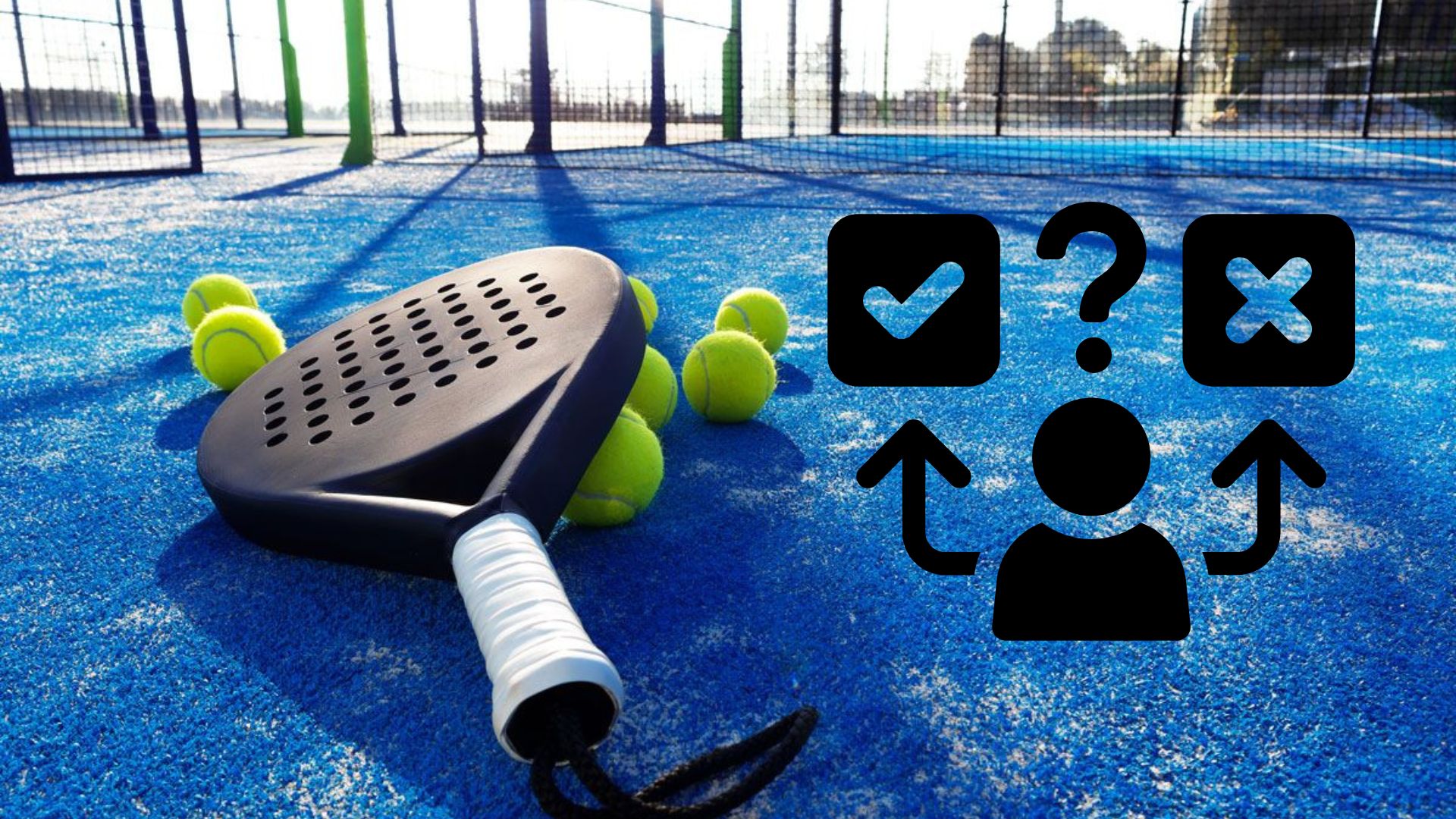 How to effectively test a racket padel ?
How to effectively test a racket padel ?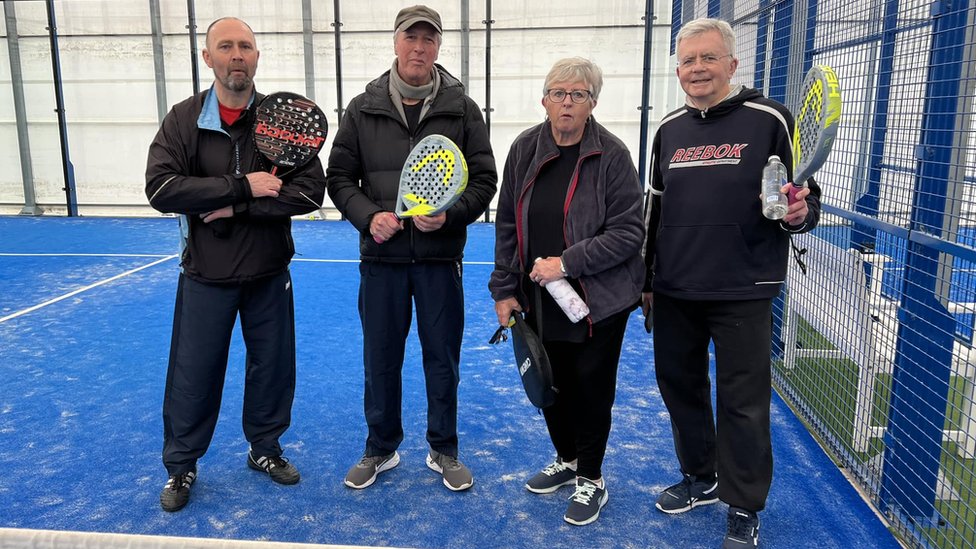 La padel to fight Parkinson's disease
La padel to fight Parkinson's disease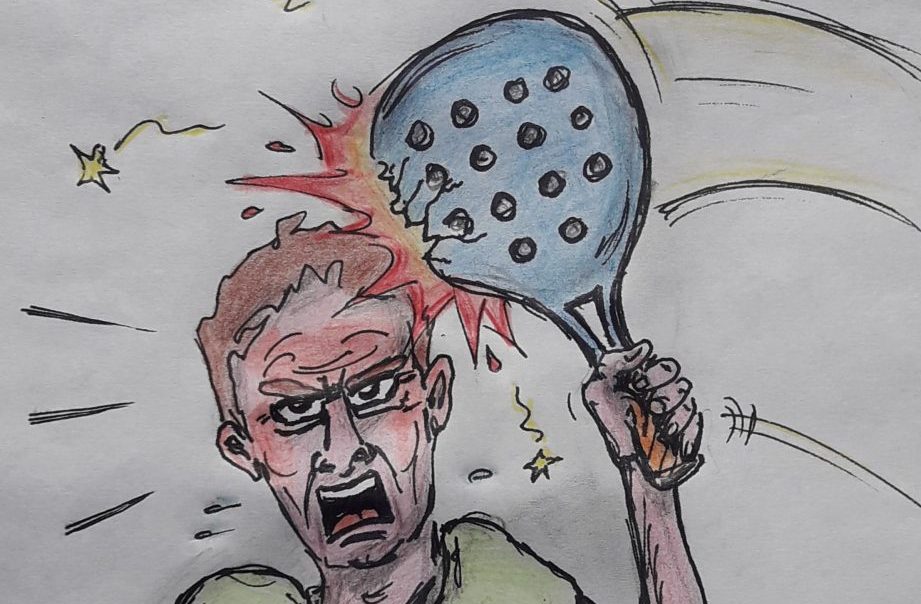 Don't play with a cracked or broken racket, your body will thank you!
Don't play with a cracked or broken racket, your body will thank you! Michel Cymes: “The padel, physically, it’s serious!”
Michel Cymes: “The padel, physically, it’s serious!”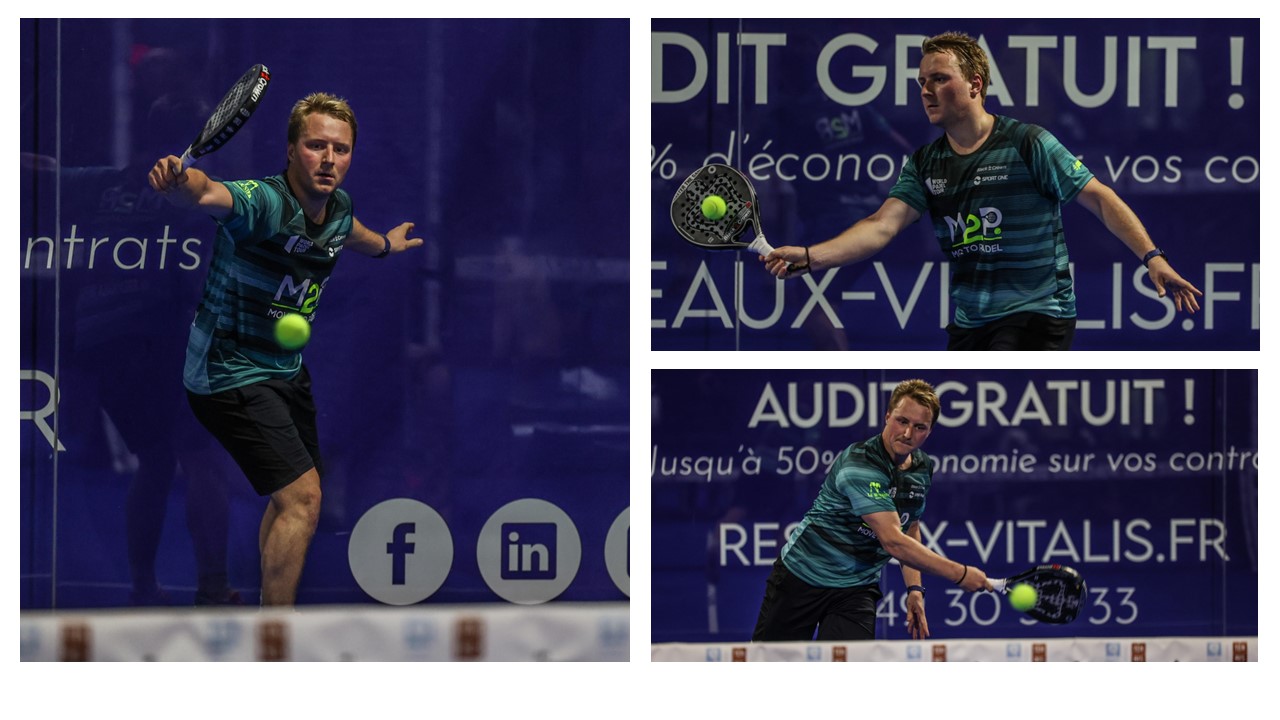 Jeremy Gala: “Promote the padel among young people in Belgium remains a challenge”
Jeremy Gala: “Promote the padel among young people in Belgium remains a challenge”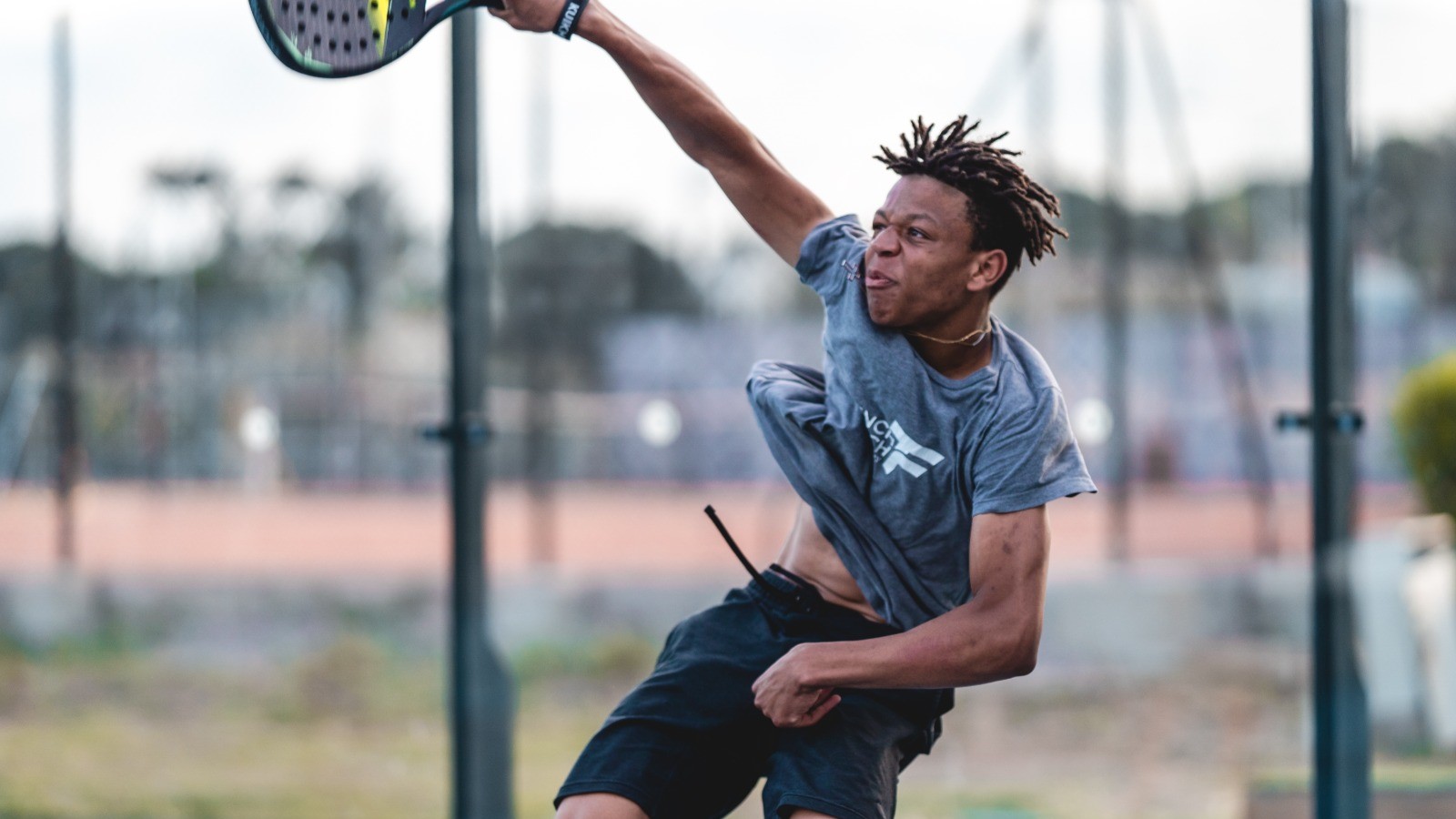 The French Touch Academy organizes its selection day Padel-Study
The French Touch Academy organizes its selection day Padel-Study Report on the detection and training of younger generations
Report on the detection and training of younger generations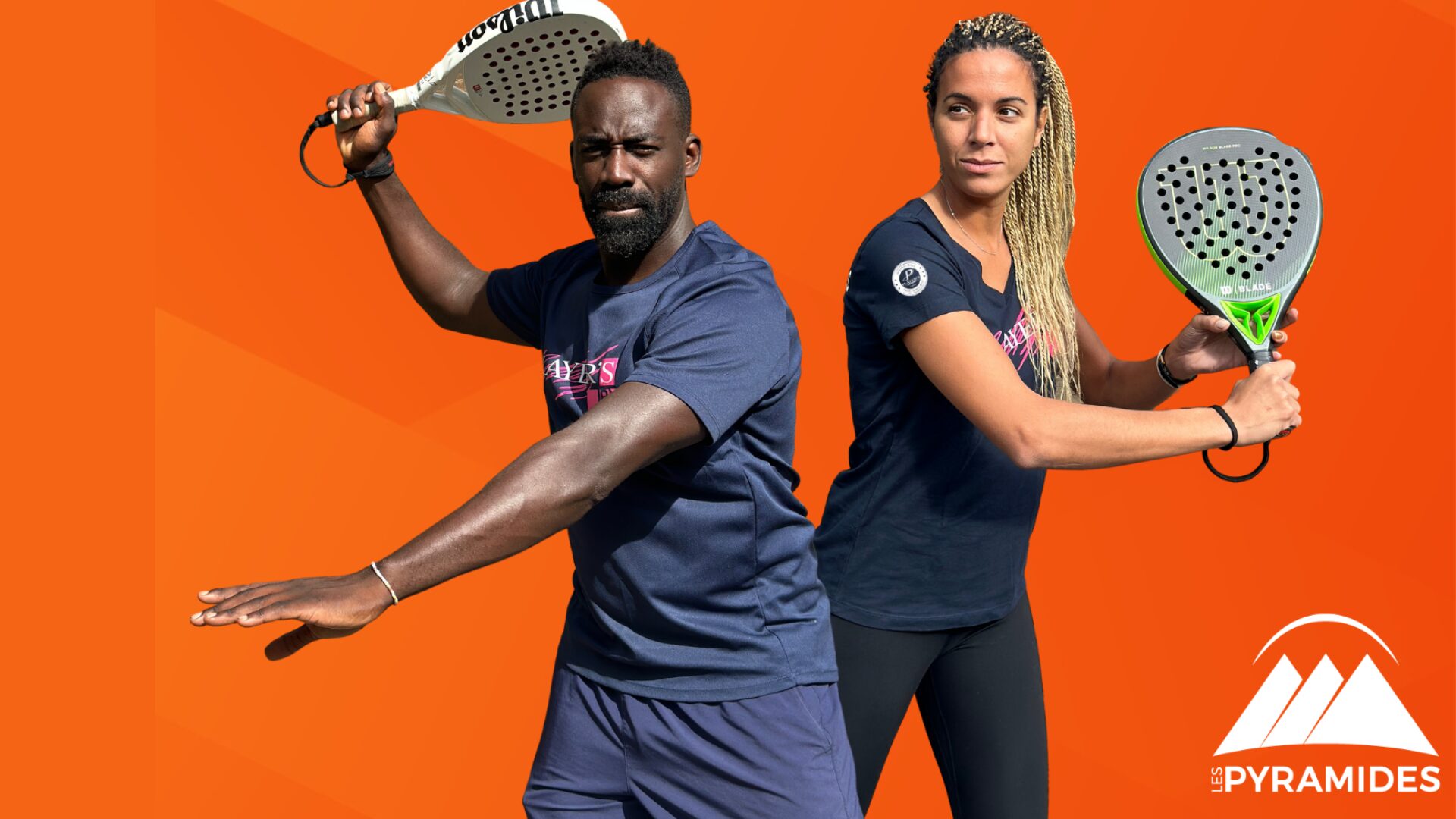 Player's adult courses from April 8 to 21, 2024!
Player's adult courses from April 8 to 21, 2024!